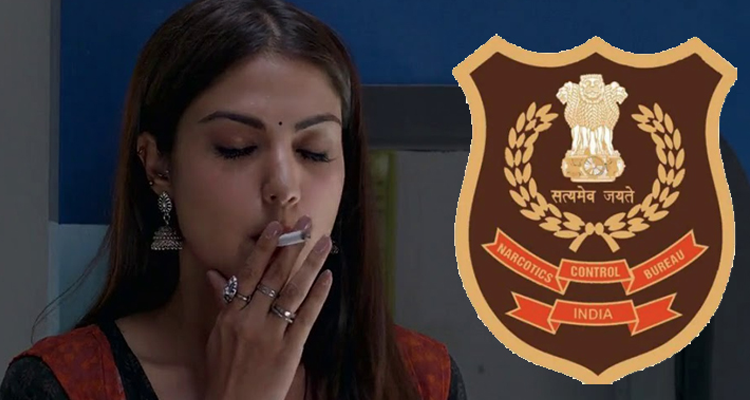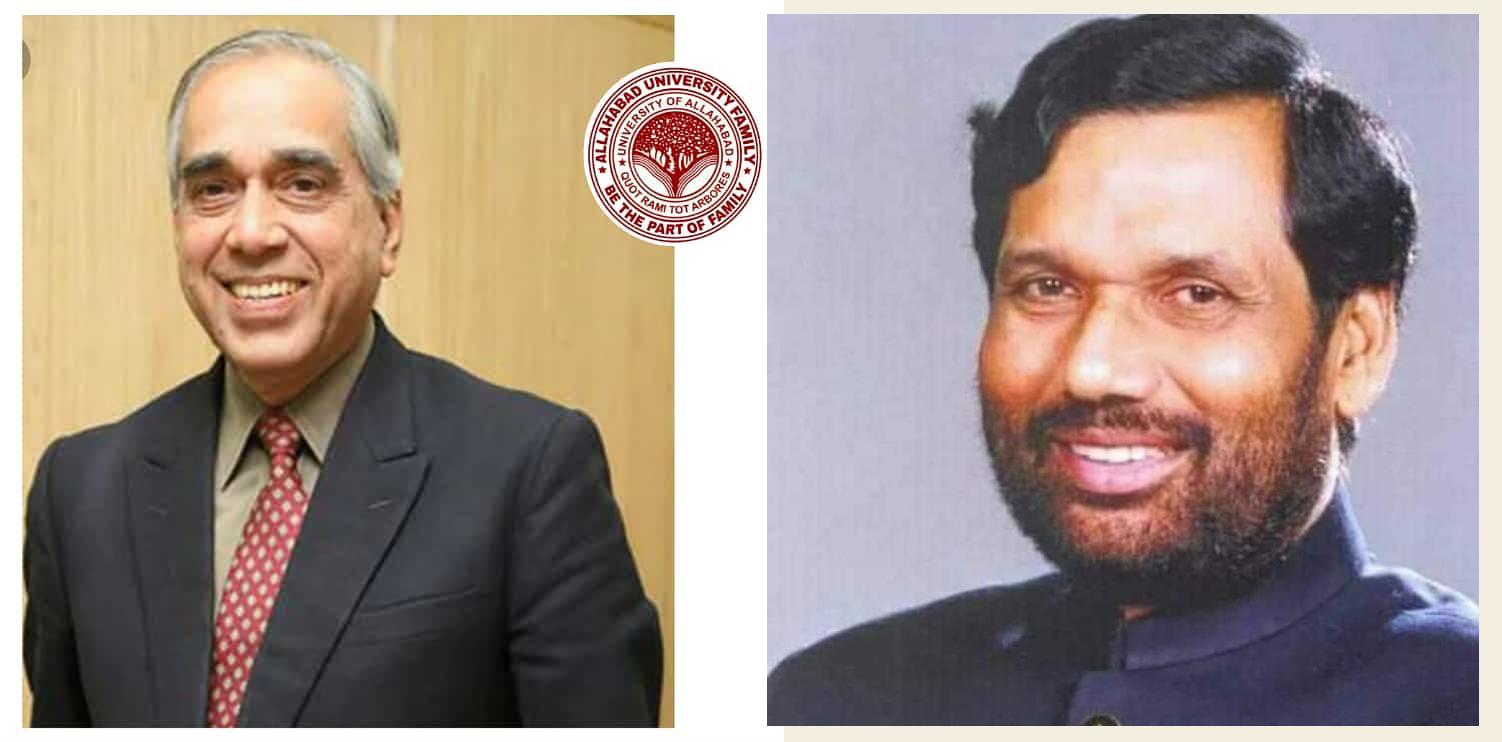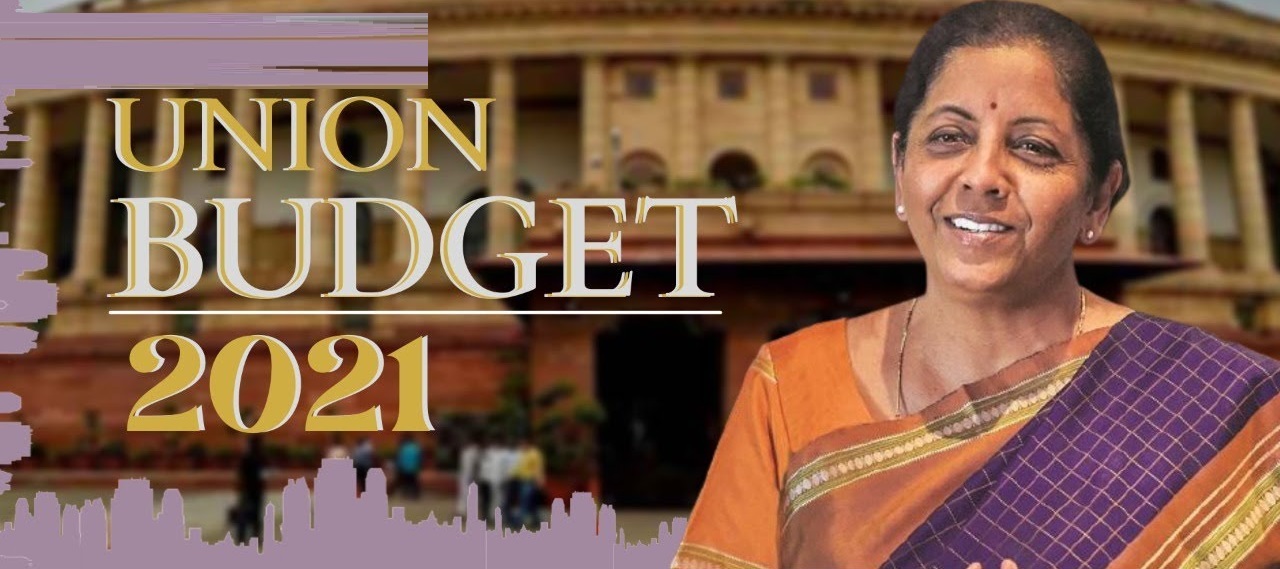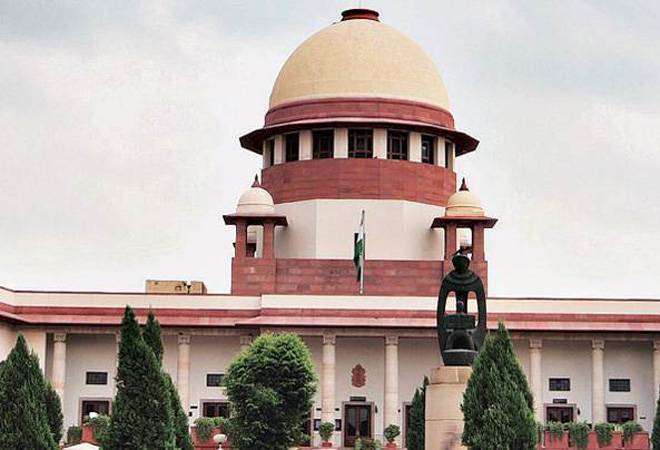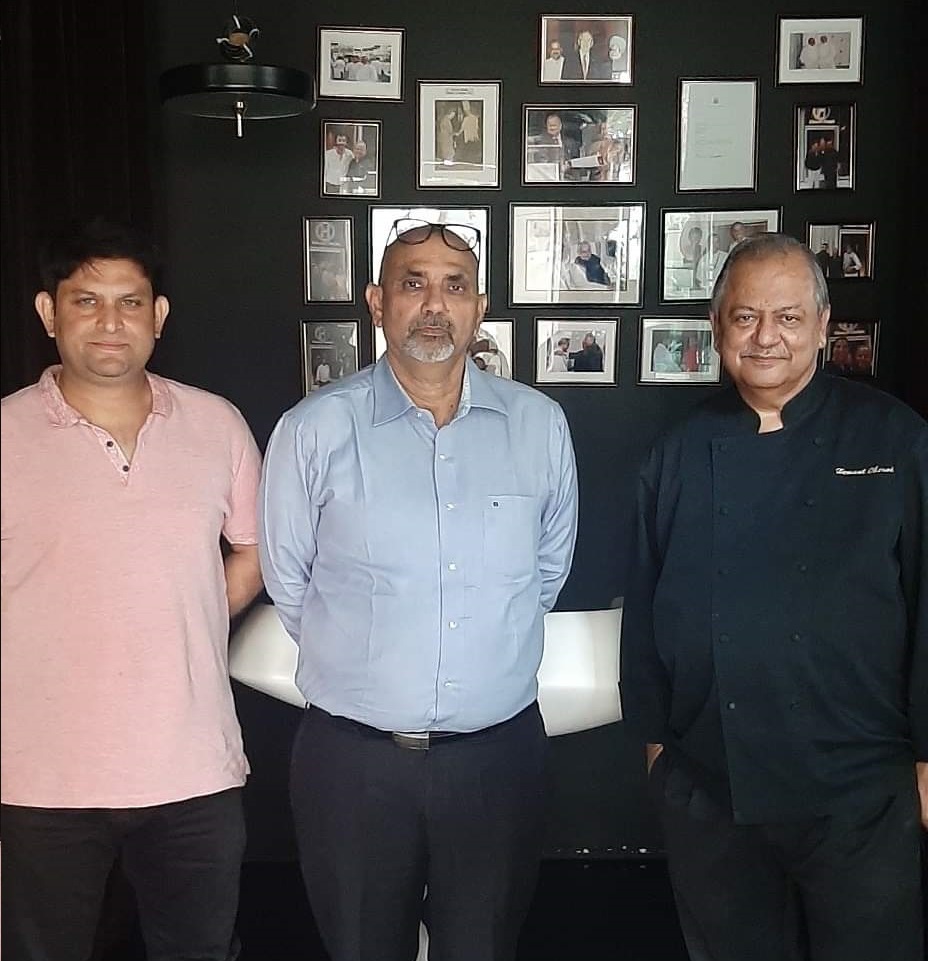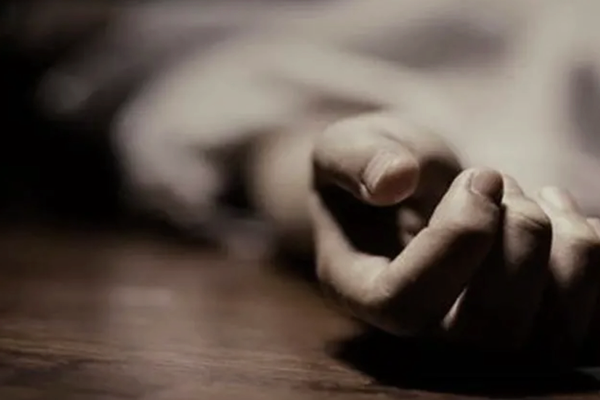
Is school, instructor responsible for student suicide?
The Court determined that there was insufficient evidence in the file to suggest that the accused encouraged the pupil to take their own life.
In a recent ruling in Chandresh Vasantbhai Malani v. State of Gujarat, the Gujarat High Court dismissed criminal charges against a teacher and the trustee of a school who were charged with slapping and dehumanizing an 18-year-old pupil, reportedly inspiring him to take his own life.
Judge Divyesh Joshi concluded that there was no evidence in the file proving the accused encouraged the pupil to take his own life.
"An offence under section 306 of the Indian Penal Code (IPC) requires the accused to have instigated the dead to commit suicide in some way. According to the judge, "the act of instigation must be so intense as to be designed to place the deceased in a situation where he or she is left with no alternative but to commit suicide."
The judge further stated that such incitement had to occur before the suicide act.
"In this instance, if the FIR's contents and the witness testimony are accurate, it is impossible to draw the conclusion that the applicants encouraged the deceased to end his life by subjecting him to alleged humiliation.
The Court decided that the applicants' alleged actions could not, under any circumstances, be construed as encouragement to commit suicide.
The Court further stated that it regrets the young student's passing and acknowledges the anguish and suffering his mother is going through.
However, as the Honorable Supreme Court noted in the Geo Verghese case (above), the Court's compassion and the complainant's (the student's mother) suffering cannot result in a legal remedy, much less a criminal prosecution, the Court stated.
The case involved a science student in class 12 who committed suicide on January 22, 2016.
The student's mother claimed that she later learned about specific incidents that happened before to the student's passing from other students.
According to the evidence provided, the trustee was informed by the dead student's classmate that the previous teaching staff at the school was superior to the current one.
It is alleged that the accused teacher heard this allegation and physically attacked the student who made the report. The aforementioned accused is then stated to have declared unequivocally that he will continue to physically abuse other classmates in the days ahead.
The deceased student's bench was the scene of a disturbance a few days before the suicide, for which the accused teacher hit the student three times. The teacher is reported to have responded by saying he would let the dead know why he was getting smacked without any fault on his side by nightfall.
The teacher allegedly threw the student out of class and referred him to the trustee, who made the decision, when the kid persisted with his question.
The deceased pupil was made to sit still on the school building's fourth level for two hours the following day. The student was informed by the trustee that his parents had been made aware of his behavior after two hours. Subsequently, the student committed suicide.
The teacher and the trustee of the school are the targets of a criminal case. The accused argued that hearsay was the foundation of the entire case in their plea to quash this one.
The accused's arguments were deemed persuasive by the court.
"No mens rea can be imputed because it cannot be stated that they had any purpose of aiding the suicide of one of his own classmates. As a result, this Court believes that the very ingredient of abetment is absent. "There should be correct mens rea to commit the offence in a case under Section 306 of the Indian Penal Code," the Court noted.
Your free access to Supreme Law News has expired
For further details contact:
Dr. Ajay Kummar Pandey
( LLM, MBA, (UK), PhD, AIMA, AFAI, PHD Chamber, ICTC, PCI, FCC, DFC, PPL, MNP, BNI, ICJ (UK), WP, (UK), MLE, Harvard Square, London, CT, Blair Singer Institute, (USA), Dip. in International Crime, Leiden University, the Netherlands )
Advocate & Consultant Supreme Court of India, High Courts & Tribunals.
Delhi, Mumbai & Dubai
Tel: M- 91- 9818320572. Email: editor.kumar@gmail.com
Website:
www.supremelawnews.com
www.ajaykr.com, www.4Csupremelawint.com
Facebook: /4Clawfirm, /legalajay Linkedin: /ajaykumarpandey1 Twitter: /editorkumar / YouTube: c/4cSupremeLaw Insta: /editor.kumarg
Telegram Channel
Whatsup Channel


